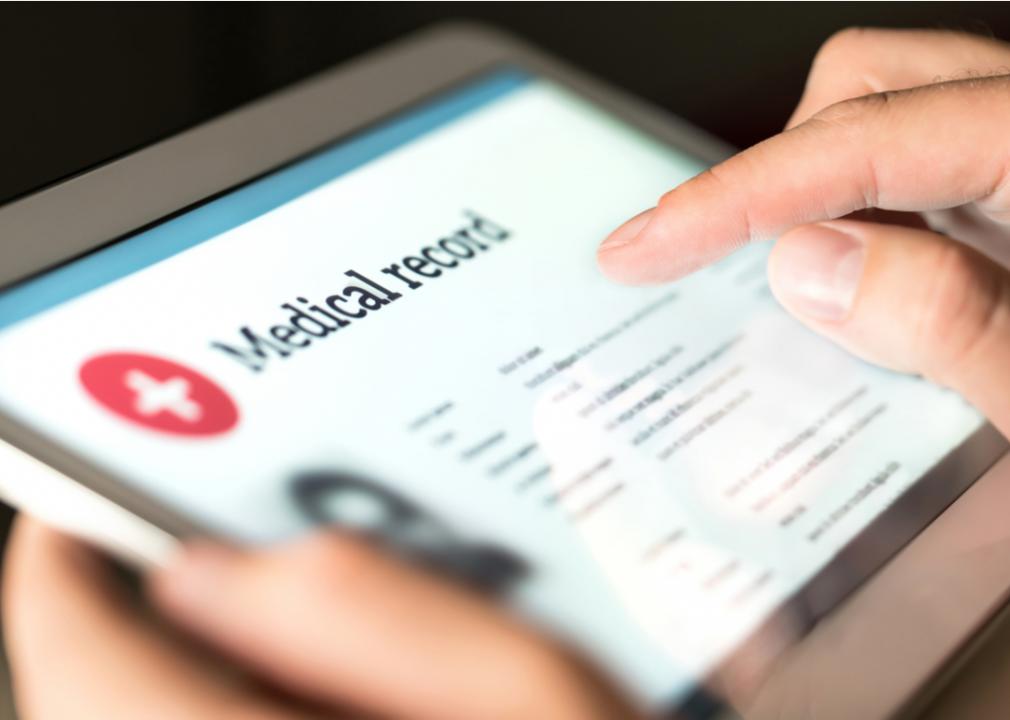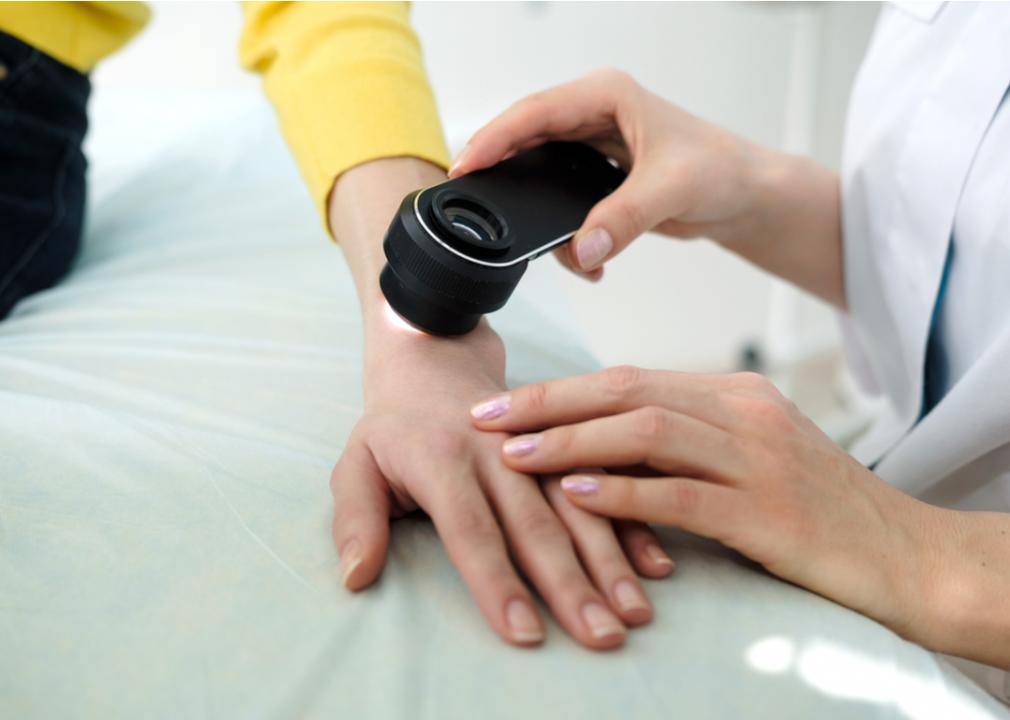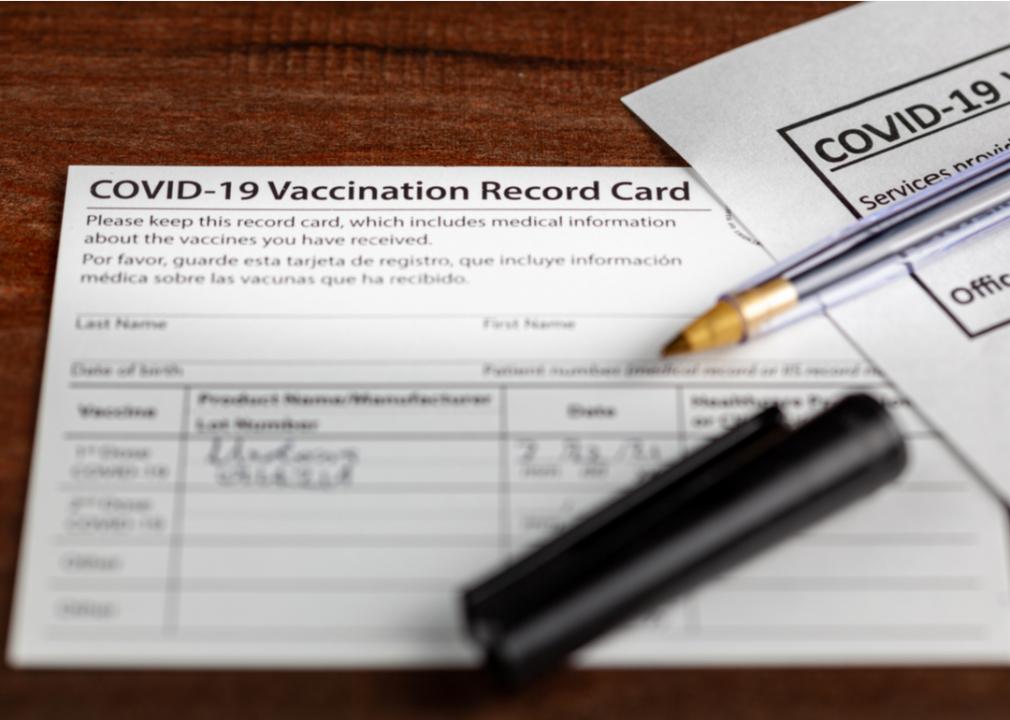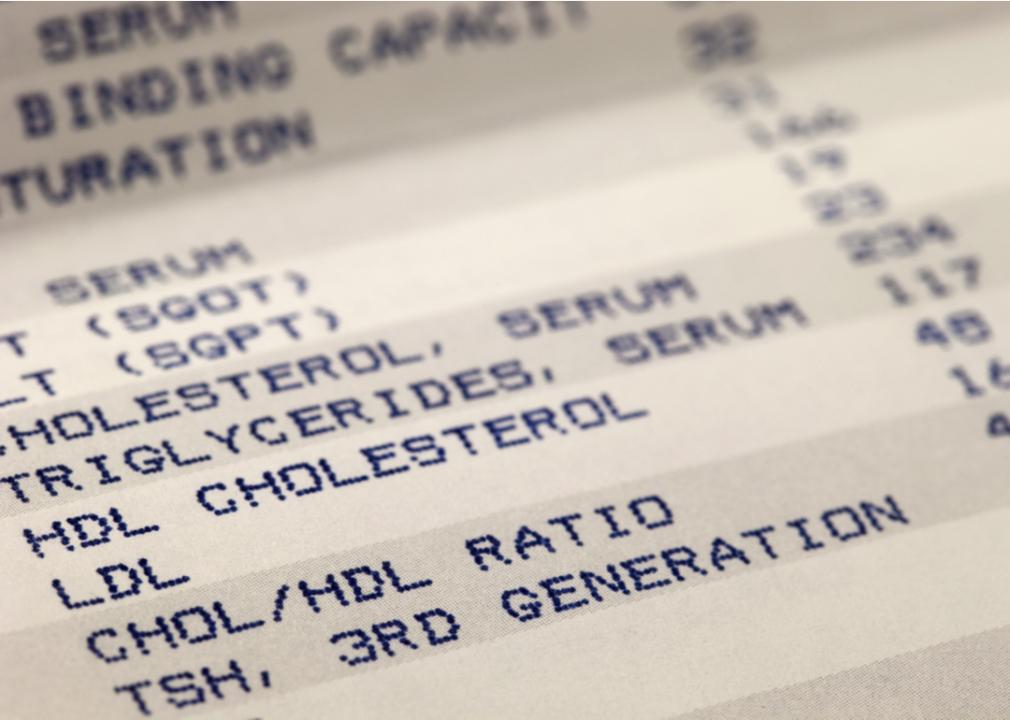10 benefits of tracking your medical history

Tero Vesalainen // Shutterstock
10 benefits of tracking your medical history
Tracking your health history can feel overwhelming. Particularly for those managing complicated conditions or a number of different conditions, keeping records of all your doctor’s appointments, conversations, tests, lab results, and other procedures might feel like a significant amount of work. But the advantages of keeping such a record of your health history far outweigh the work involved.
The American health care system isn’t necessarily coordinated between different pharmacies and doctors’ offices or various health care networks and providers. Having a centralized repository of all of your health care information can go a long way toward lowering your stress about operating within the health care system, and it can help your providers give you better care than you may otherwise receive. The same can be said for anyone in your family—particularly with children and older adults, who may not be able to keep track of their own medical histories.
Guava Health compiled a list of 10 benefits of tracking your medical history, drawing from public health sources and the recommendations of doctors and patient advocates. Keep reading to understand why you may want to start tracking your medical history and just how much it can benefit you and everyone in your family.
![]()

skvalval // Shutterstock
Coordinating records from multiple providers
One of the benefits of tracking your medical history is it streamlines and organizes your history for any time you need to see a specialist. Let’s say you’re going to see a dermatologist. If you have your health records from your primary care doctor and any other specialists available, you’ll be able to hand over all of your records to the dermatologist, which means they’ll have all the relevant information necessary to offer you the best care.

Gorodenkoff // Shutterstock
Providing vital information in an emergency
In the case of an emergency such as a heart attack or car crash, you may be unconscious when you are taken to receive medical care. Having medical records easily accessible can be crucial in such cases. If you are indisposed and unable to relay your health history yourself, having a repository of your medical history can provide doctors and emergency personnel with the information they need to know. Tracking your medical history this way makes doctors treating you aware of your health conditions or other considerations before conducting emergency care.

Prostock-studio // Shutterstock
Improve communication with your doctors
Having a thoroughly recorded medical history can open up lines of communication with your doctor. When you have medical records that are continually updated, you and your doctor can review them together. This will allow your doctor to notice patterns and other important information as it arises. An increase in quality communication will likely also have the effect of improving your relationship with your health care provider.

Sellwell // Shutterstock
Help families manage their care
Tracking medical history can be especially helpful for those who may not be able to do so on their own. For example, parents can track their children’s medical history so doctors are not relying on self-reported symptoms from children. Similarly, older adults can benefit from having their medical history tracked. If their memory begins to wane, having documented medical histories will make treatment easier. For example, keeping track of blood pressure readings from 20 years ago or an exact date of an ankle fracture will help medical providers give patients the proper long-term care they need.

Syda Productions // Shutterstock
Stress less about managing your health
Getting your health care and records organized can help lower stress surrounding your health. If you have a complete record of different health metrics, you won’t need to worry about keeping track of everything in your mind. You’ll also have peace of mind knowing that any new provider you see will have easy and comprehensive access to everything they might need. Further, keeping track of conversations you have with your health care providers can make it easier for you to share such information between doctors, giving each new provider access to valuable information.

grandbrothers // Shutterstock
Have travel documentation at the ready
Many countries require certain immunizations before traveling. Travelers to certain countries require vaccines against malaria, for example. With the COVID-19 virus, vaccination requirements are all the more relevant and important, as some countries require vaccination to enter. Having a record of all your immunizations in one place can make travel planning easier and less chaotic.

Rido // Shutterstock
Give you a sense of control over your health
Tracking and organizing your medical history can help put you in charge of your health and wellness. When you track any kind of data pertaining to your health over time, you are investing time and effort in your own care. This can make you feel more in control and engaged in taking care of your health. The information you collect can also give you and your health care providers insights you wouldn’t otherwise have into how you specifically can live your healthiest life.

Burlingham // Shutterstock
Keep track of your medications
A study revealed proper communication between patients and doctors on what medications they were administered led to fewer mistakes in treatment. Understanding the drugs the patient receives cuts down on any errors when receiving care, and keeping track of the exact medications can minimize mistakes. Tracking your medical history can help with any complications that might arise from prescription management. Pharmacy prescription printouts can be used to keep track of medications you are using now and have used in the past. Likewise, keeping robust records can be used to track the dosages you are taking. This can help you and your providers see whether your dosages now or in the future may benefit from adjustments.

marekuliasz // Shutterstock
Getting the most out of your labs
Tracking your medical history can help you make the most of trips to labs to get bloodwork and run other tests. Particularly if you take such tests regularly, examining them over time can provide valuable information. Mammograms, bone density scans, and prostate screenings can also help you catch certain potentially serious conditions before they develop. Looking at your data from these tests over time can also help you ask your doctors informed questions.

Rawpixel.com // Shutterstock
Streamline insurance reimbursements
It can be complicated keeping track of insurance claims that have been submitted for reimbursement. Having a record of your medical visits and tests can serve as a repository for you to work off when submitting claims. You can easily track what you’ve submitted for reimbursement working off of a list of visits and procedures. You may also be required to submit documents from your doctor or visit to insurers, and having all these documents in one place will help simplify that process.
This story originally appeared on Guava Health
and was produced and distributed in partnership with Stacker Studio.